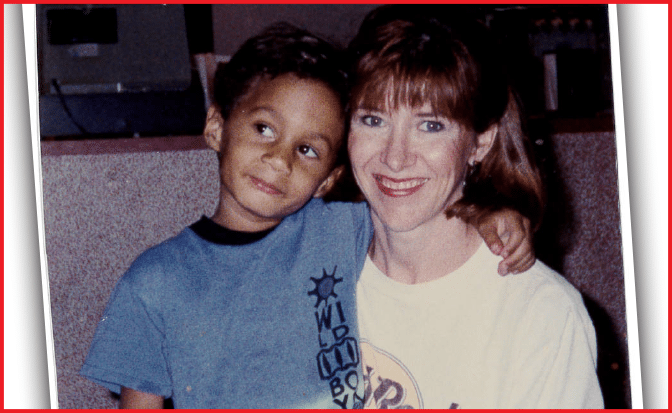Choosing to intervene isn’t an easy decision
Escrito por Julia Spann
Nearly every parent recalls a time they would have appeared abusive. My son Jacob is 31 years old, but even today my heart races when I recall the fit he threw in the mall 27 years ago.
He wanted to fish for coins in the fountain. I said no, took his hand, and began walking away. He began to fuss. I pulled harder. He yelled and squirmed, then screamed and thrashed, so I tightened my grip and kept walking.
At this point, I wouldn’t have been surprised if someone intervened. Jacob threw himself to the ground, screaming, “stop, ouch, you are hurting me, help, help me!”
I was embarrassed and furious. Afraid someone might think I was being abusive, I let loose his hand. He took off running toward the fountain and fell face first into the water. I jumped in after him, tucked him under my arm, and marched – shoes squishing – out of the mall.
People stopped and stared. In the car Jacob wailed, “I’m cold, I don’t want to wear these wet clothes!” while I wondered why I ever wanted to be a parent. I felt outsmarted by a 4 year old and judged by the onlookers. And I felt terribly inadequate as a parent. Would it have helped if someone had intervened?
Sometimes intervening is the right call
Last month when my husband Paul and I boarded an airplane, the toddler behind us was throwing a fit. I was transported to the mall scene.
The parents behind us were patient, but we could tell they were embarrassed.
Paul told them, “I’m always glad when the restless kid sits behind me because it doesn’t bother me one bit if they make a little noise. Can I try to cheer her up?”
He then proceeded to make rubbery faces at the little girl, sticking out his tongue and tickling her toes. Pretty soon she stopped screaming and stared at him in wonder, and then began to giggle and make faces back. The parents were relieved; I was inspired.
Sometimes it doesn’t work
Returning from that same trip, we climbed into the airport shuttle, followed by a pregnant mom with a child in a stroller. The driver said she’d have to remove the child from the stroller.
She tore into him.
“What the f—, I’m pregnant and tired,” she said. “Why the f— can’t I just take the stroller on?”
The driver was awesome and kind – but she wasn’t buying it. She climbed aboard huffing and cussing.
Paul intervened, “Ma’am… We can help.”
The mom shouted back, “shut the f— up, mind your own business!” He did.
Upon leaving the shuttle, we thanked the driver for his kindness, to which he responded, “Well, traveling is hard and you just never know what people have been through.”
Intervening is a skill
Sometimes it works and sometimes it doesn’t. Intervening is difficult, uncomfortable, and risky. There isn’t time to plan, you just have to jump in. It takes practice, and it also helps to witness an active bystander in action.
Thinking about Jacob, I wonder if I would have felt so embarrassed, ashamed, and angry if someone at the mall 27 years ago told me, “Bless your heart, I know exactly how you feel. Can I help you out of the fountain?”
And said to Jacob, “Hey buddy, can you show me your silliest face?” followed by a tongue sticking-out competition.
The truth is, you never know what people have been through.